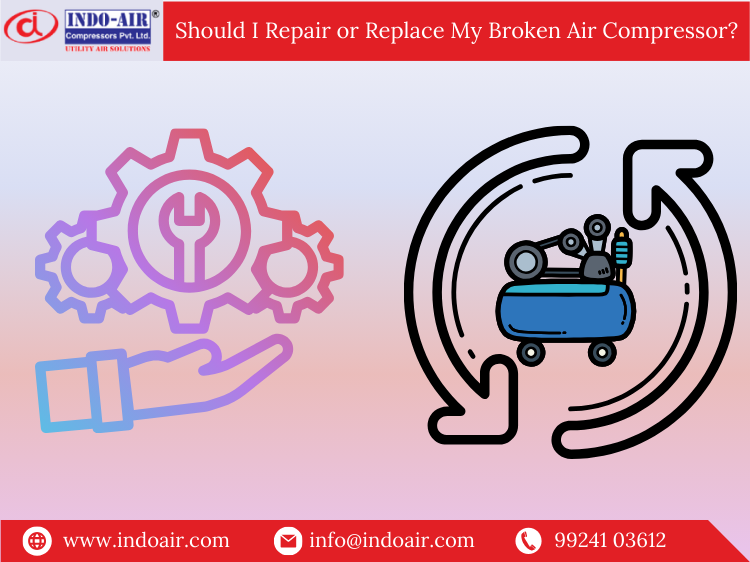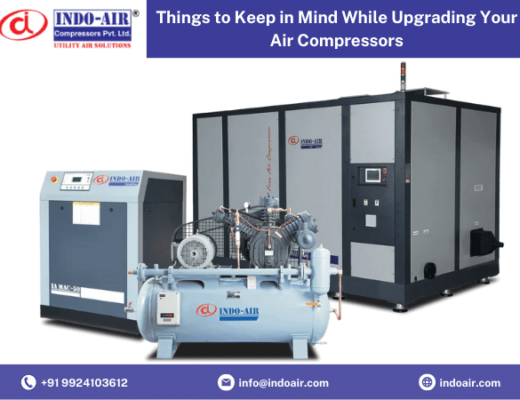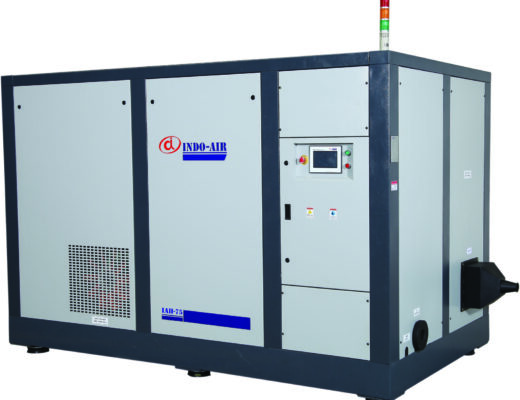Whenever you are at a fix of should you replace your air compressor, or should you fix it, you will need the expert advice from the air compressor manufacturers in India. Sometimes it’s difficult to decide between replacement and repair. The majority of us don’t want to keep spending money on an outdated device that will probably break shortly again. However, replacing an industrial air compressor is a significant capital investment that you should avoid doing before necessary. According to the experts of high pressure air compressor manufacturers in india, it relies on your air compressor, the resources you have at your disposal, and your objectives.
How Do You Choose Between Replacing or Repairing a Compressor?
Your entire company might have come to an abrupt stop when an air compressor malfunctions, particularly if you depend on it for manufacturing in the same way that you do with electricity. Production delays and costly business losses can result from an emergency outage. Plant managers have to decide fast on whether to replace or fix their plant’s lungs!
It’s not always obvious whether to repair or replace an air compressor. Each choice has advantages and disadvantages. You should think about:
- How much does it cost to replace something versus fix it?
- How much downtime will it cost and how soon can you resume operations?
- How critical is it for your operation to have a consistent supply of dry, clean
- compressed air, and how dependable will the compressor be?
- When operating, how effectively does your current compressor fulfill your needs?
Does fixing an air compressor make sense? Almost invariably, purchasing a new air compressor will be more expensive than repairing an old one. Repair or maintenance for air compressors may be required if:
- You see leaks in the oil or too much oil in the air lines.
- Either the compressor does not start or does not stop.
- It looks like your air compressor is overheating or your breakers have tripped.
- You discover that the compressor has air leaks.
- You’re having issues with flow or pressure.
- One of your hard-to-source compressor components is broken.
A lot of air compressor repairs are reasonably easy, quick, and affordable to perform. In that scenario, fixing the air compressor might be your best bet. However, it might not be wise to invest in a compressor that is close to the end of its useful life or that will require numerous further repairs in the future. An air compressor repair might be a preferable choice if:
- The compressor is still covered by warranty or is rather new.
- Your extended warranty will take care of the repairs.
- Finding parts is simple and reasonably priced.
- In general, the unit is dependable, energy-efficient, and in good working order.
- When the machine is operating, it can meet your need for air.
- A skilled service professional is available to fix the air compressor.
When to Replace an Air Compressor?
When should an air compressor be replaced? Although replacing your air compressor will initially cost more than repairing your current compressor, there are situations when making the switch is the wisest course of action. In addition to lowering your energy expenses, a new replacement air compressor can increase compressor uptime and dependability and help you get ready for future business requirements. Consider your company’s overall needs while deciding whether to replace a compressor.
It could be time for a new air compressor if:
- The life of your current compressor is almost coming to an end.
- You expect additional repairs to be necessary in the future because the currentcompressor has shown to be largely unreliable.
- Your current compressor is not capable of providing the 100% compressed air uptime that your firm requires.
- It is challenging to get components or certified repair personnel who can fix your older compressor model.
- A new compressor would significantly lower energy expenses because your current one is inefficient.
- You need a larger compressor in the future, or your current compressor isn’t big enough to meet your compressed air needs.
- Your energy provider may be able to reimburse you for compressed air energy incentives, which could assist in covering the expense of a new compressor.
Repairing or Replacing an Air Compressor: Top Three Factors to Consider
- Air Compressor Age
- Air Compressor Usage History
- Air Compressor Energy Efficiency
Selecting whether to replace an air compressor instead of repairing it is similar to deciding whether to buy a new car or to keep trying to fix an older one. Manufacturers typically prioritize repairs, but there comes a point at which it becomes unwise to invest additional funds in them.




